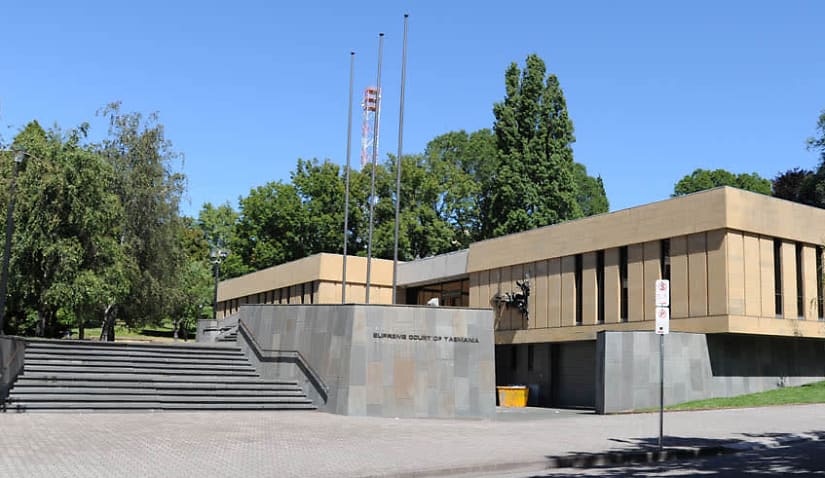The Full Court of the Tasmanian Supreme Court has allowed an appeal against a finding of unsatisfactory professional conduct against a practitioner who offered to settle a dispute with a client’s former wife in return for her withdrawing police complaints made against that client.

The Legal Profession Board of Tasmania initiated, in May 2019, an investigation against a practitioner — who was not named in the Supreme Court’s judgment — who was representing a client whose former wife had made complaints to Tasmania Police alleging that the client had assaulted her, and whom had taken out a police family violence order against him for her protection.
In March of that year, the client was charged with perverting justice.
On two occasions, in April and May of 2018, the practitioner offered to the complainant, in writing to the complainant’s solicitor, to settle the matrimonial property dispute on terms that the complainant withdraw complaints made to the Tasmania Police regarding the client’s alleged conduct.
The initial verdict by Judge Gregory Geason of the Supreme Court of Tasmania, made on 4 August 2022, found that the practitioner “sought to persuade and/or place improper pressure on the complainant to withdraw her complains to Tasmania Police, and/or her cooperation with the prosecution of the offences laid”.
Geason J found the practitioner guilty of unprofessional conduct and ordered that the practitioner be reprimanded and, at his own expense, undertake and successfully complete a course in legal ethics and professional responsibilities.
The Legal Profession Board of Tasmania appealed the declaration of unprofessional conduct and sought a finding of professional misconduct from the Full Court.
Late last month, that court determined that the practitioner was indeed guilty of professional misconduct.
One of the judges presiding over the case, Justice Stephen Estcourt AM, stated: “I do not have the slightest doubt that it is professional misconduct for a lawyer to offer to settle a client’s dispute with another person on the condition that the other person withdraw a criminal complaint that person has made against the client and which is pending before a court.”
The practitioner claimed, in response to the investigation into his conduct, that he was bound by his client’s instructions and that the accusations made by his former wife were false.
“Such an explanation is no answer to the appellant’s assertion of professional misconduct,” asserted Estcourt J.
“To my mind, the gravity of the attempt to have charges pending before a court withdrawn or undermined justifies a conclusion that the conduct amounts to ‘substantial failure to reach or maintain a reasonable standard of competence’.”
Estcourt J went on: “Whatever his client’s instructions were and no matter what his belief in those instructions was, the respondent’s conduct had a tendency to prevent or defeat the due course of justice or the administration of the law.
“I reject the respondent’s submissions to the contrary, notwithstanding that the charge of perverting the course of justice against the respondent’s client was not proceeded with, and the charges against him were dismissed or discontinued.”
The Honourable Justice Tamara Jago concurred with the judgment, agreeing that the previous orders should be set aside and, instead, there be a declaration that the practitioner is guilty of professional misconduct.
The Honourable David Porter AM KC was also in agreement, noting that the conduct amounted to “a substantial failure to reach or maintain a reasonable standard of competence and diligence” and brought into question the practitioner’s “competence in respect to his fitness to continue in practice”.
The Legal Profession Board of Tasmania did not seek to challenge the primary judge’s punitive orders, and thus the Full Court saw “no need to disturb them”.